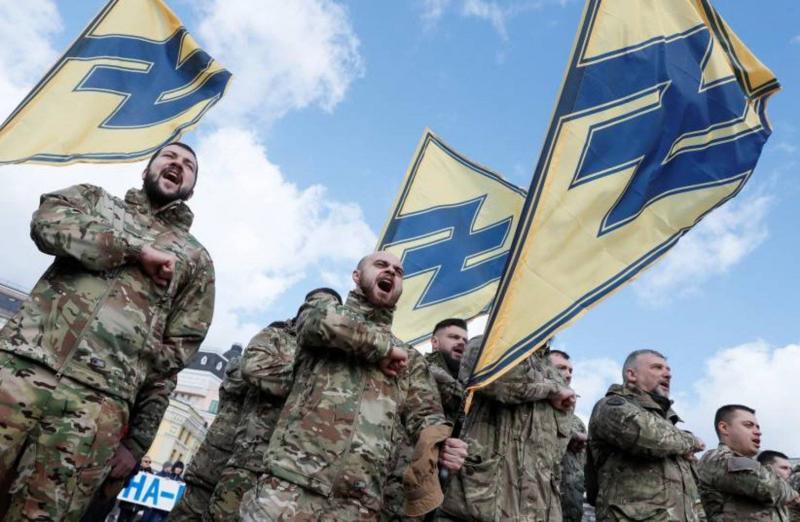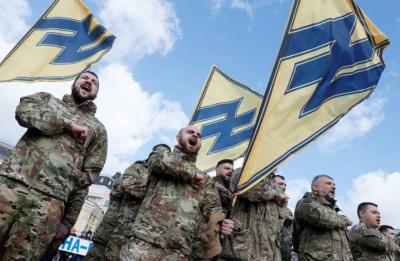The Ukrainian unit "Azov" announced that Washington has decided to grant it military assistance, following a 10-year ban due to concerns about its connections to extremist nationalist circles. This unit gained recognition in Ukraine for its role in defending the city of Mariupol in the early months of the Russian assault, but it is despised by Moscow, which accuses its members of being "Nazis" who committed war crimes.
The unit stated on Telegram: "The U.S. Embassy in Ukraine confirmed that the 12th Special Unit (Azov) of the Ukrainian National Guard passed the inspection required by U.S. law and is entitled to receive assistance from the United States." The unit praised this announcement as a "new chapter in its history."
The U.S. Department of State confirmed this decision, noting that it conducted a "comprehensive review" and "found no evidence of grave violations of human rights" by this Ukrainian unit. In contrast, Kremlin spokesperson Dmitry Peskov condemned the U.S. decision. Peskov told reporters: "Such a sudden shift in Washington’s position shows that they will stop at nothing in their attempts to crush Russia, using Ukraine and the Ukrainian people as a tool, and that they are even willing to win the favor of neo-Nazis."
What is "Azov"? The unit was formed in 2014 as a volunteer battalion fighting Russian-backed separatists in eastern Ukraine. It was incorporated into the Ukrainian National Guard as a regiment and later became a unit. Its fighters gained a reputation as heroes among Ukrainians for their steadfast defense of the Azovstal steel plant during the Russian army's siege of Mariupol in 2022, despite ultimately not achieving success.
In 2016, Amnesty International and Human Rights Watch accused members of the Azov unit of committing human rights violations, including torture. Nevertheless, Washington considered the current Azov unit to be different from the volunteer militia established ten years ago and highlighted its "heroic role" in defending Mariupol. The connections between Azov and Ukrainian nationalist circles fueled the Kremlin's narrative.




